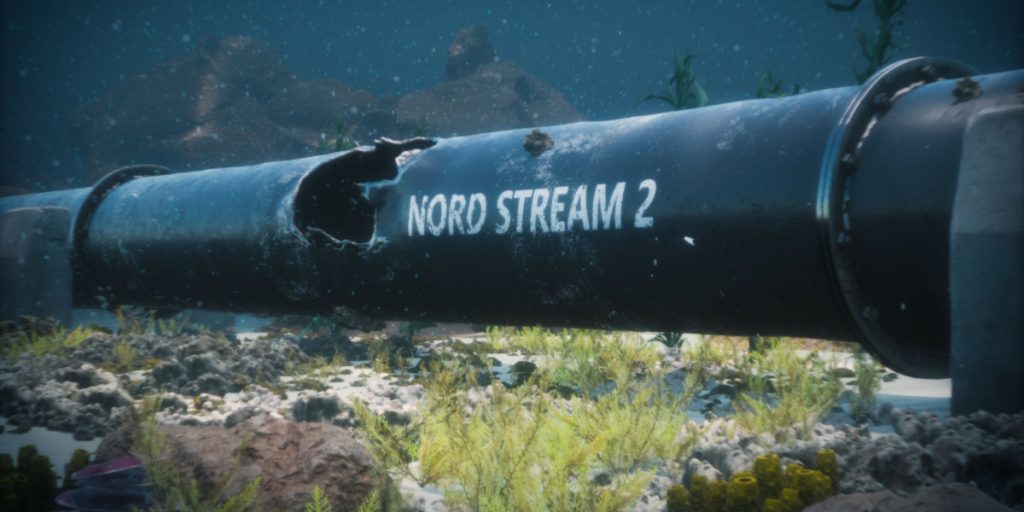plans to eliminate its reliance on Russian natural gas.
Others are reading now
For decades, Europe has relied on Russian energy to fuel its homes and industries.
That dependence has come under intense scrutiny since Russia’s full-scale invasion of Ukraine, forcing many European nations to rethink their energy strategies.
Countries have sought alternative sources, diversified suppliers, and accelerated investments in renewable energy.
Now, Austria’s capital is taking a major step to reshape its heating infrastructure and move away from Russian gas.
Also read
Eliminate reliance on Russian gas.
Vienna has announced a $21 billion plan to eliminate its reliance on Russian natural gas. The initiative includes large-scale heat pumps, deep drilling for geothermal energy, and energy efficiency projects.
The city, home to nearly two million residents, had long depended on gas delivered through pipelines from Russia, according to Ziare.
That changed in September last year when Vienna decided to phase out Russian gas imports. A few months later, Austria lost access entirely when Ukraine declined to renew a deal allowing gas transit to Central Europe.
With fuel prices rising and concerns about future shortages, Vienna is accelerating its long-term plan to ensure stable heating for its residents.
The city operates one of the largest district heating networks in Europe, with 1,300 kilometers of pipelines supplying hot air and water to over 200,000 households.
Now, efforts are focused on expanding and modernizing this system to rely on alternative energy sources.
The plan revolves around deep geothermal energy, with companies aiming to use underground hot water to power massive heat pumps that will transfer warmth to homes.
Heat pumps are more efficient than gas systems but have traditionally been used for smaller buildings. Scaling up their use for a large city requires significant investment and planning.
Challenges remain. The cost of heating is still linked to natural gas prices, meaning price fluctuations impact district heating customers.
To make the transition work, long-term purchase agreements are needed to ensure economic stability.
The Austrian government sees the effort as a key part of its broader energy shift. Energy Minister Leonore Gewessler has pointed to Austria’s declining gas consumption, which has dropped by 20% since 2022, as proof that alternatives can work. She described Vienna’s strategy as a major step in breaking reliance on Russian energy.


